
I WAS HALFWAY THROUGH MY DINNER WHEN THE expedition leader announced that our ship was surrounded by a pod of killer whales. Rushing out onto the observation deck, I watched as velvet ribbons of black and white rippled through the frigid waters of the Antarctic Ocean in pursuit of a solitary fur seal, leading it on a deathly dance around the vessel where more orcas waited in ambush. It was a breathless scene that could have been plucked straight from an episode of Frozen Planet.
But I was sharing this moment not with a hardened BBC film crew but with CEOs, stockbrokers and a semi-retired schoolteacher, aboard the Sylvia Earle.
It’s a sign that cruise tourism in Antarctica is a booming business and that more people than ever are experiencing the pull of our planet’s final, frozen frontier. According to the International Association of Antarctica Tour Operators (IAATO), my companions and I were joined by more than 100,000 others on the ice during the 2022-23 season (October to March). It’s a significant increase from the highest previous figure of 75,000 during the 2019-2020 season, and it’s reignited the debate about the sustainability and ethics of these tourist expeditions in the world’s most fragile ecosystem. But while it’s important to emphasise the environmental impact of the industry, there’s a growing sense that tourism, if managed sustainably, can actually make a positive contribution to conservation in Antarctica and beyond.
This story is from the December 2023 edition of BBC Wildlife.
Start your 7-day Magzter GOLD free trial to access thousands of curated premium stories, and 9,000+ magazines and newspapers.
Already a subscriber ? Sign In
This story is from the December 2023 edition of BBC Wildlife.
Start your 7-day Magzter GOLD free trial to access thousands of curated premium stories, and 9,000+ magazines and newspapers.
Already a subscriber? Sign In
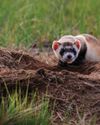
Does cloning create identical copies?
EMBRYOS ARE MADE OF STEM CELLS that divide to give rise to different types of cells, everything from skin to brain cells. Scientists once thought that reproductive cloning creating a genetically identical copy of an individual organism - would be impossible without using stem cells and that the path leading to mature 'differentiated' cells was irreversible. But clawed frogs proved them wrong...
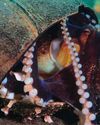
Tool-using animals
Our pick of 10 species that exhibit this special skill

Mission Blue
Sylvia Earle has dedicated her life to marine conservation; she tells BBC Wildlife why protecting the ocean is essential to all life on earth

RESHARK
The world's first shark rewilding initiative has seen zebra sharks released in the waters of Indonesia's Raja Ampat archipelago
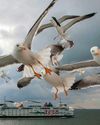
ON DECK
Ferries aren't just for transport, they're also perfect vessels for conservation
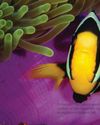
IT'S A COLOURFUL LIFE
Delve into the unique and complex biology of the clownfish, arguably the world's most famous fish
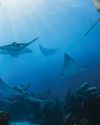
BAHAMAS BENEATH
A dive into the waters of this famous island nation with the creatures that call it home
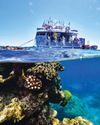
"To save the reef, we need everybody involved"
Indigenous peoples may hold the key to protecting the Great Barrier Reef
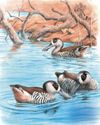
SPINNING AROUND
Going around in circles proves fruitful for this filter-feeder
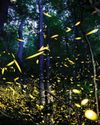
BLINDED BY THE LIGHT
On balmy evenings, amorous beetles put on a spellbinding show in North American forests